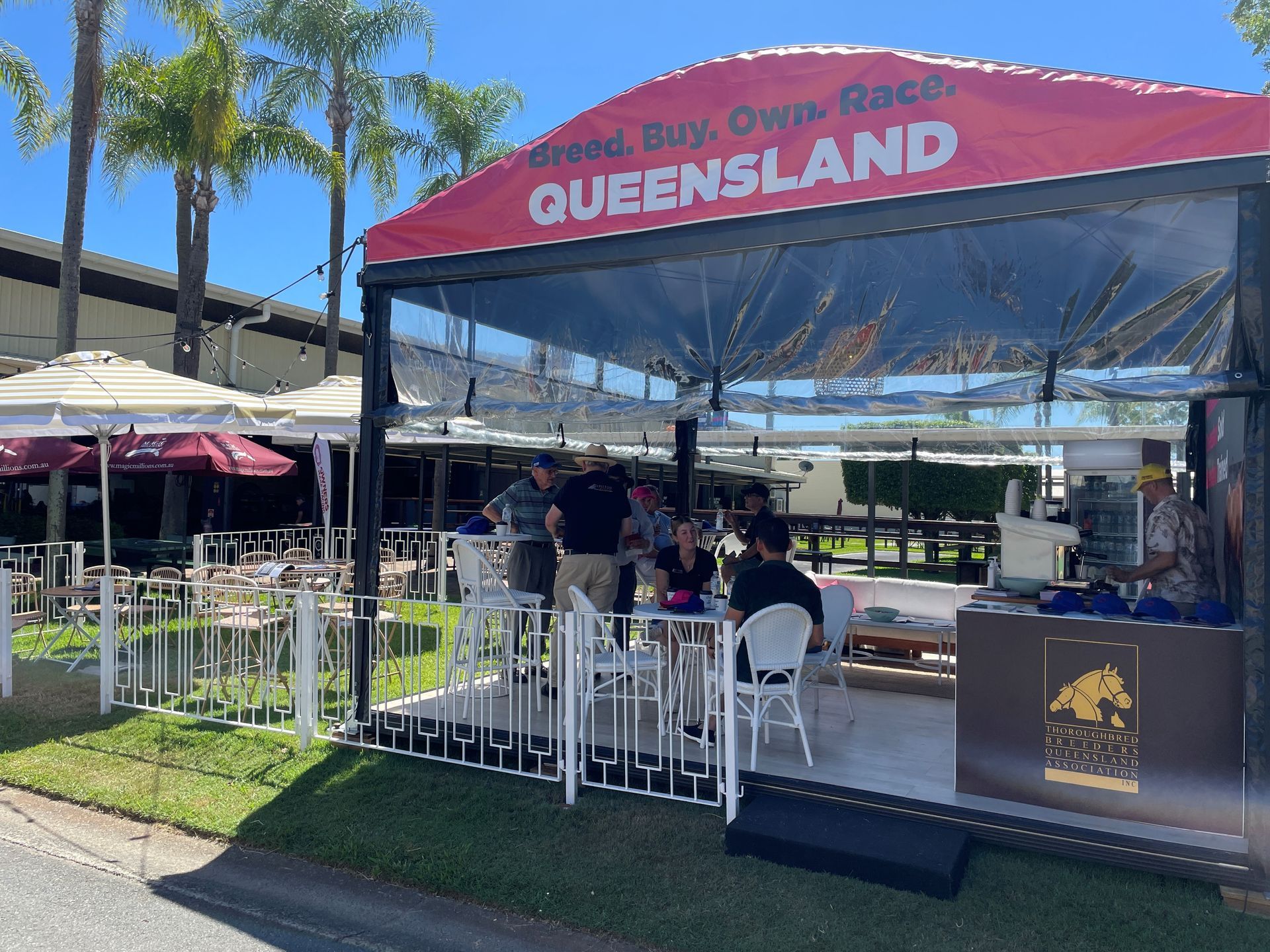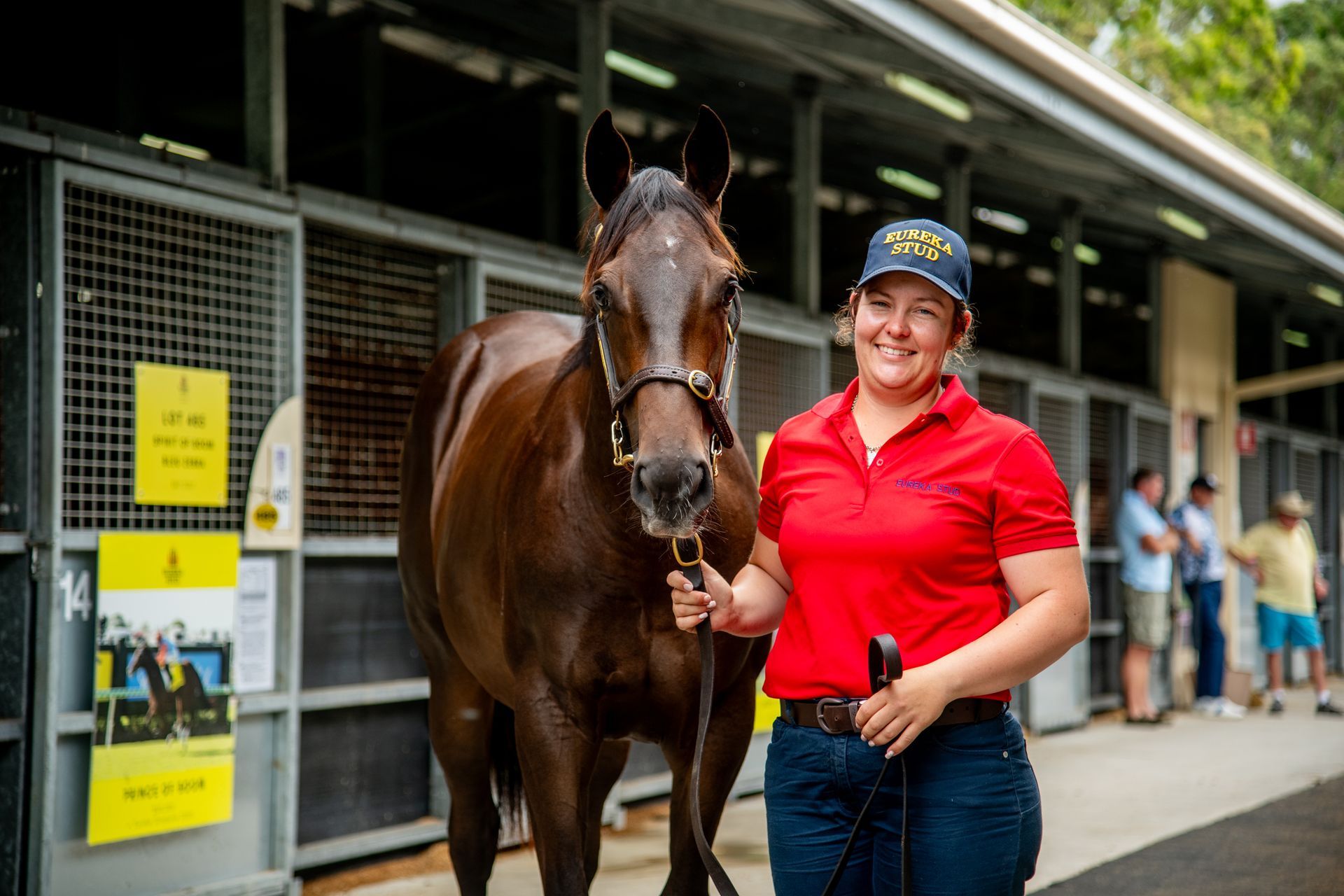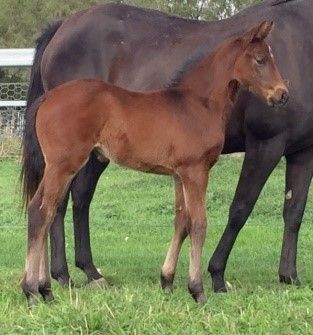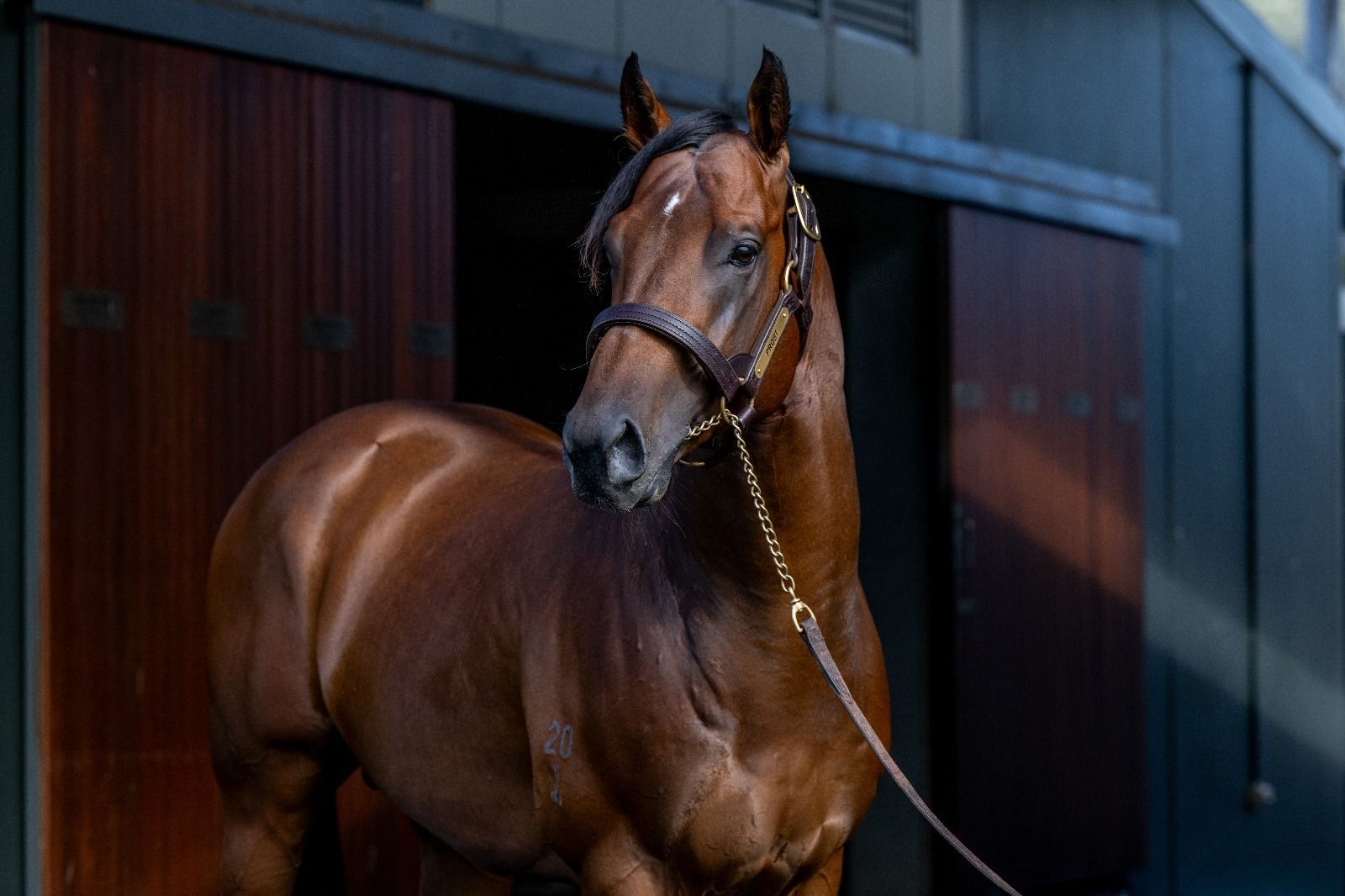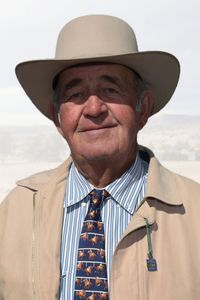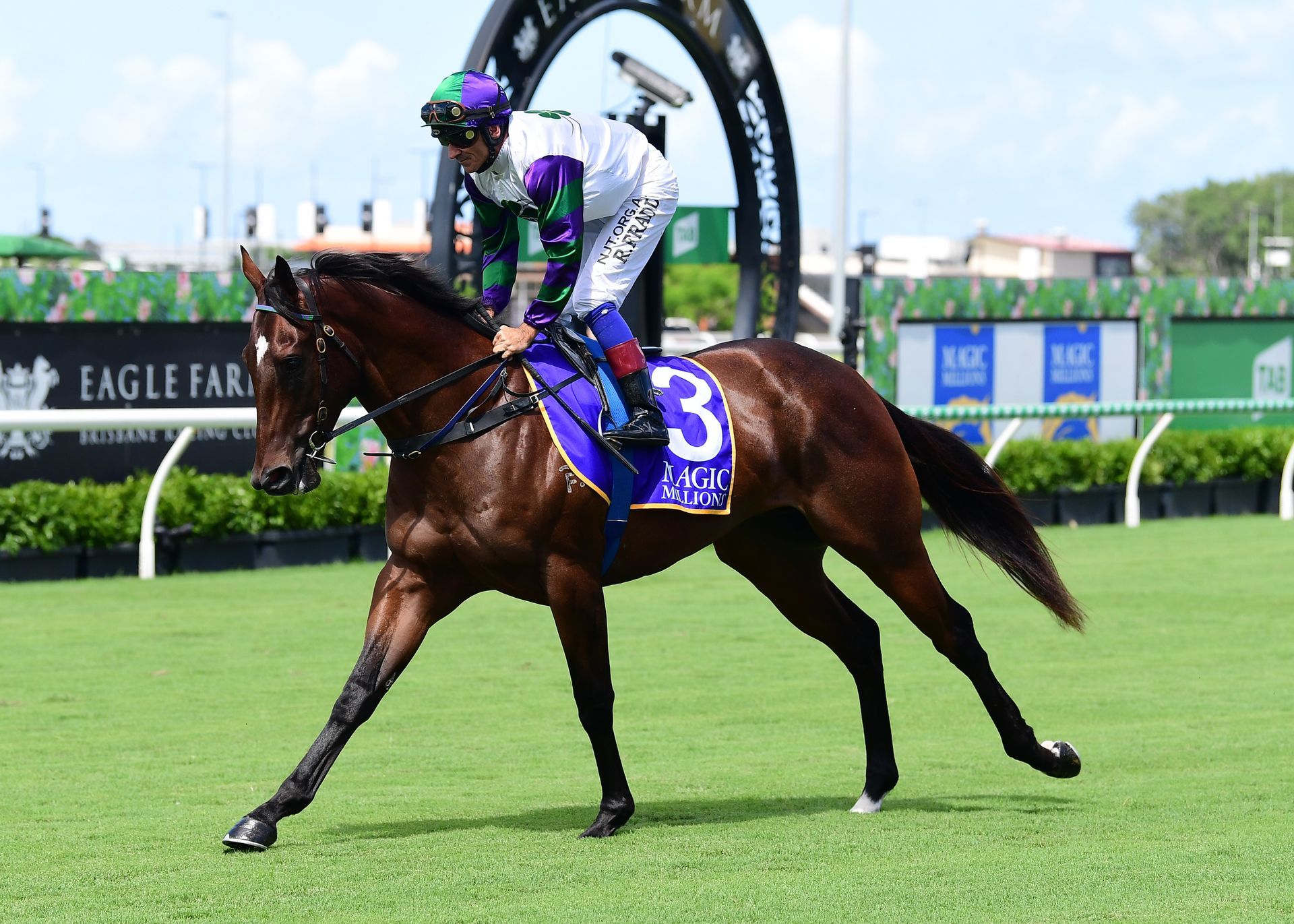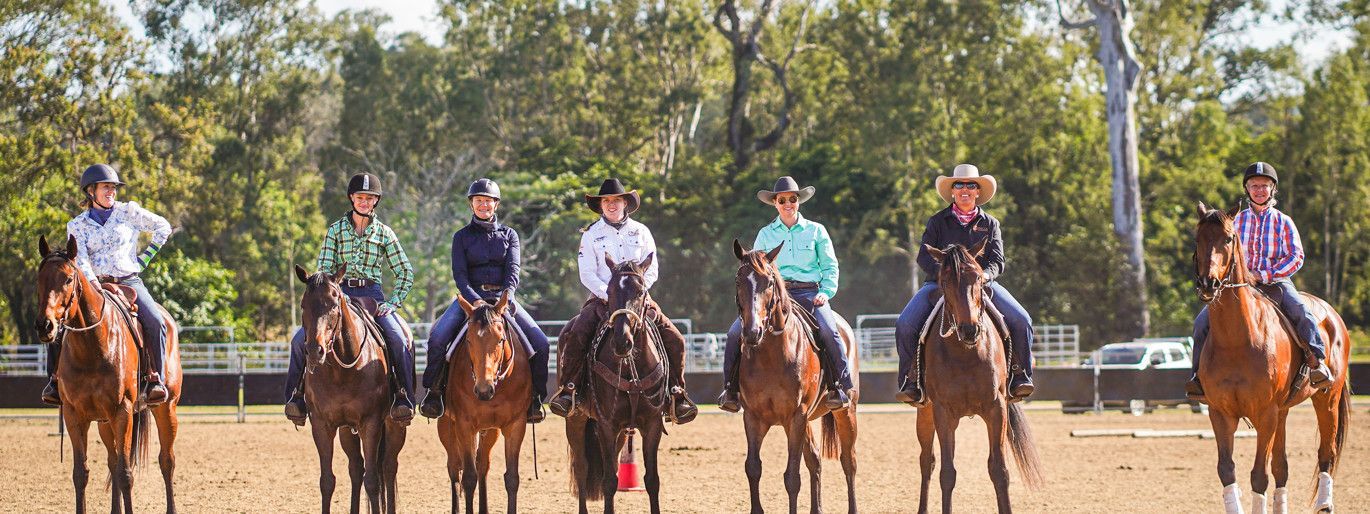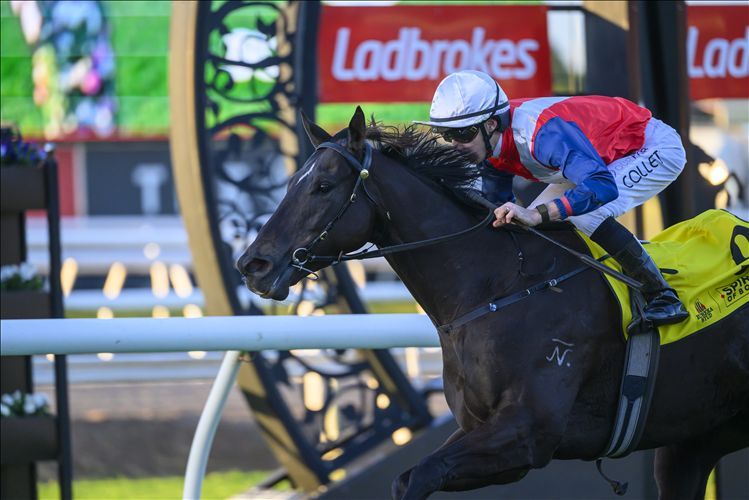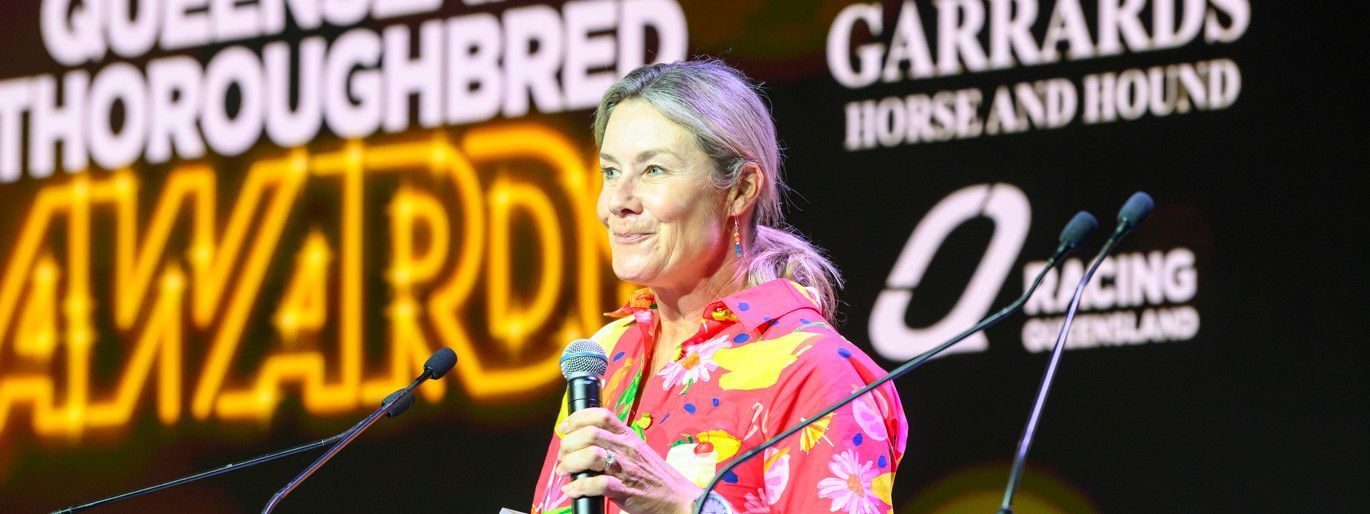RQ Reveals $19.6million Turnaround

Racing Queensland (RQ) has released its Annual Report which details a year of positive change and transformation, and demonstrates meaningful progress towards a financial and organisational turnaround.
In 2015/16 the organisation recorded a loss of $21.8 million; however, with strong revenue growth and the full year benefit of changes to the business model, Racing Queensland has recorded a loss of $2.2 million for the current financial year, a turnaround of $19.6 million.
Racing Queensland’s 2016/17 Annual Report is the first for the new Board and leadership team which focused on setting the foundation for further growth and sustainability across all codes of racing.
Racing Queensland CEO, Dr Eliot Forbes, said the early results arise from a committed focus on increasing revenue whilst maintaining a disciplined approach to expense management.
“One of the key reasons for this turnaround results from the commercial decision by the RQ Board in relation to the Race Information Fees (RIF) policy which, together with wagering growth of 9.5% for Queensland races, increased net RIF income by 18% to $68.7million,” Dr Forbes said.
In 2016/17 Racing Queensland achieved total revenue growth of 4.5% to $239.9 million, driven by an increase in total wagering revenue of $7.1 million. Total expenses decreased $9.3 million or 3.7%.
“The financial turnaround has enabled Racing Queensland to increase prize money for the 2017/18 by $3.2 million. It’s our strategic objective to continue to increase participant returns including greater prize money.”
Revenue from RQ’s Program and Product Deed with UBET declined $2.5 million due to customers migrating to fixed-odds products from pari-mutuel betting, while adverse weather events also took a toll.
Cyclone Debbie caused $2 million damage to club infrastructure from Bowen to Beaudesert causing major disruption to racing and training activities. RQ worked with the state government to secure financial support of $778,000 to ensure no clubs were out of pocket.
Despite challenges with the Eagle Farm track during the year, the Queensland Winter Racing Carnival again proved to be the pinnacle of racing in our state. RQ is now working with BRC to remediate the track and an April 2018 return to racing is targeted.
During the year new Strategic and Infrastructure Plans were formulated following extensive research and consultation.
The Infrastructure Plan, approved by government, identified $19 million of projects for immediate delivery including a $13 million project for the Ipswich Turf Club and a $6 million country and regional racing package benefiting 112 clubs across all three codes.
The Racing Infrastructure Fund has $63 million available now with another $57 million available between 2020 and 2023.
Dr Forbes said racing in Queensland is now at a crucial stage of the transformation path and he acknowledged the role of all stakeholders in helping to make that a reality.
“The entire team at Racing Queensland is looking forward to continuing to work with all our stakeholders as we build towards a prosperous future for the Queensland racing industry.”
